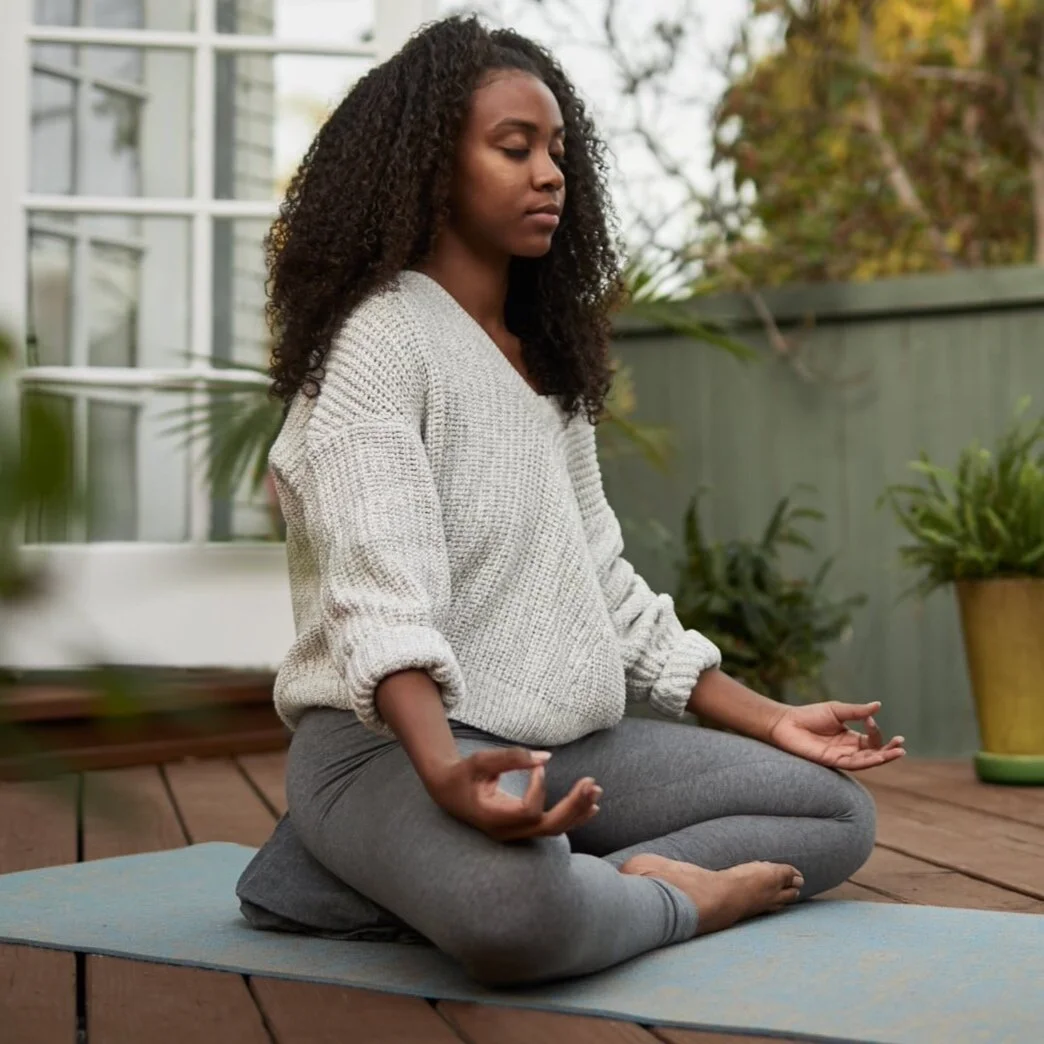Recent News & Publications
Visualization means creating distinct, vivid scenes in your head. It can be used for relaxation — or to prep yourself to achieve an outcome. “When you develop an image in the brain, several areas become activated,” explains Sheri Dewan, MD, a neurosurgeon at the Northwestern Medicine Central DuPage Hospital….
COVID-19 is tricky. Experts are still learning the ins and outs of this virus, which was first detected in December 2019 in Wuhan, China.
Despite the ever-changing information that continues to surround the coronavirus, what the medical community does know, besides the fact that there are more than 10 million global COVID-19 cases, is that the virus can and has been linked to neurological issues…
"Forms of yoga that include heat [and] warmth may benefit those with inflammatory responses. Other types of yoga, including Vinyasa and Kundalini, may help with specific spinal movements that allow for increased flexibility and decreasing rigidity," Dr. Sheri Dewan, MD, a board-certified neurosurgeon at Northwestern Medicine Central DuPage Hospital, tells us….
“For many of the surgeries, such as larger cranial surgeries or spinal surgeries, patients are very reluctant now, not only out of fear of catching the coronavirus but also the fact that their family may not be able to visit them for an extended period of time,” Dewan said. “It’s challenging to go through surgery without having a support structure readily available to you.”
“Some of the data that we’re getting now from the China studies, one study that was just published in JAMA Neurology showed that 36.4 percent of patients had neurologic issues,” said Dr. Sheri Dewan, neurosurgeon at Northwestern Medicine Central DuPage Hospital in Winfield, Illinois. “One of the review articles that came out at the end of February discussed the possibility of virus traveling into the olfactory neurons, through the olfactory bulb, and into the brain.”
Dr. Dewan was a guest on the fabulous podcast “The Doctor’s Kitchen” available on iTunes, spotify, and at the link below.
“…In today’s episode we talk about the evolving situation with COVID-19 in Chicago and the flexibility of healthcare systems there and nationally in the USA to respond to the unveiling crisis. We also talk about how Dr Sheri’s regular job has changed how she is now gearing up to work in intensive care….”
Dr. Sheri Dewan speaks with Fox News Live about the importance of proper posture at your workstation or work from home station.
Press pause on that power yoga for just one second: the answer to easing your chronic lower back pain might just be found in a Kundalini yoga studio.
At least that's what Dr. Sheri Dewan, MD, a board-certified neurosurgeon at Northwestern Medicine Central DuPage Hospital, believes — she specifically recommends this type of yoga practice for a healthier spine and for certain patients dealing with back pain.
Dr. Dewan is committed to encouraging more women to pursue subspecialties. “We encompass 6% of the field,” she says. “One of my missions and goals is to increase that number. I’ve done that through a number of strategies. I’m on the board for Women in Neurosurgery, and we hope to increase …
Improving your posture might not be the first thing you think of when it comes to ways you can improve your health and wellbeing. But it can bear a lot on whether or not you run into certain chronic problems (like osteoporosis, arthritis and bone spurs), as well as how your body feels and functions on a more day-to-day basis (muscle spasms, lower back pain, knee pain, anyone?).
Dr. Sheri Dewan, MD, is one of only 219 practicing female neurosurgeons in the U.S., and the lack of women in the practice of neurosurgery is no accident; in fact, Dewan says she was routinely cautioned against pursuing a career in neurosurgery if she ever wanted to have a family….
From Your Heart to Your Spine
There’s a reason 20.4 million Americans practice yoga. Whether you come to your mat to become more limber, or just to be away from your phone for an hour, yoga offers a host of health benefits. Here are those backed by science…
Stroke is the third leading cause of death for women—and more women die of stroke than men, according to the CDC. Those are the unpleasant facts. The somewhat good news: Up to 80 percent of strokes can be prevented.


















